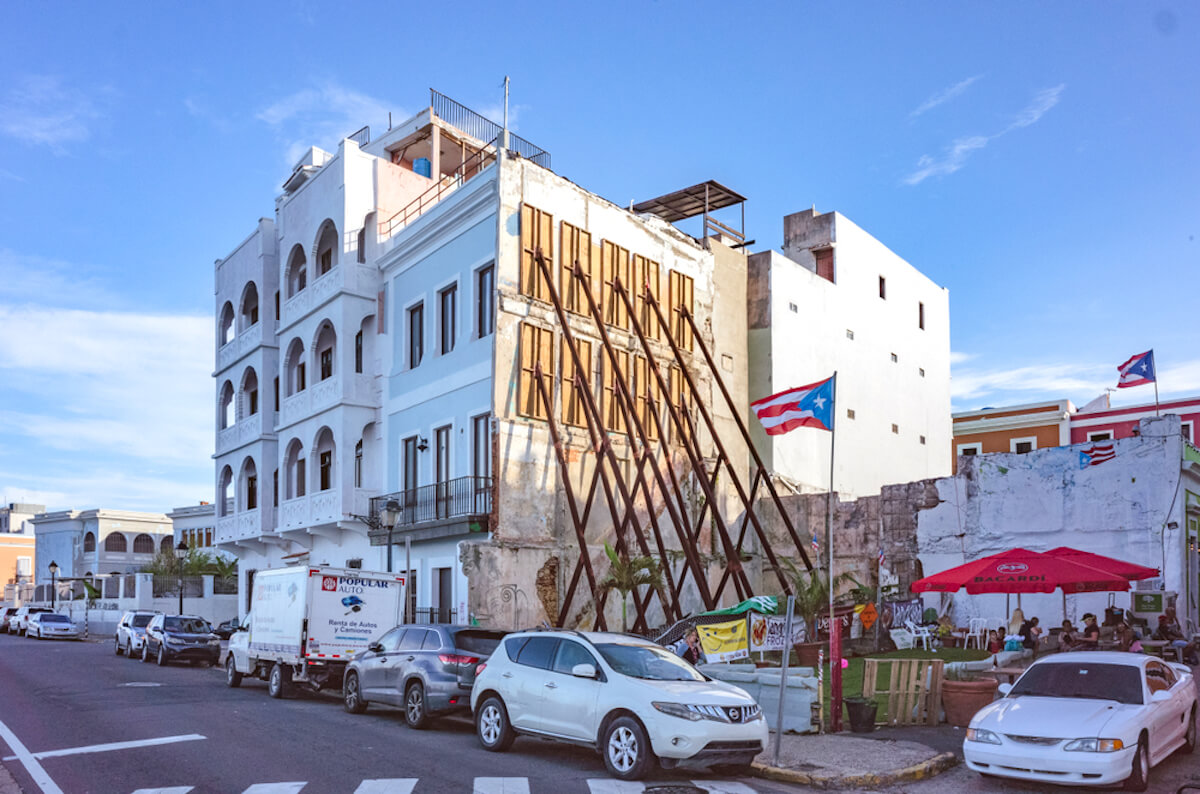ImpactAlpha, Aug. 17 – Faced with 2020’s extraordinary set of crises, from a global pandemic to a racial-justice reckoning, most philanthropies went into self-preservation mode. In contrast, Ford, Rockefeller, MacArthur and at least six other foundations moved to increase giving to meet what Ford’s Darren Walker called “an existential challenge to the future of the nonprofit sector.”
The foundations issued ‘social bonds’ and other debt worth almost $3 billion and in some cases doubled their grant funding. Two years on, the eight foundations stand by the unprecedented decision, according to the Associated Press. “If we can’t swing for the fences at a time like this and use every aspect of our resources to try to make a difference in an existential moment, what are we here for?” Ford’s Hillary Pennington told AP.
Access to cash
Instead of dipping into their endowments, the move allowed foundations to tap global bond markets for cash at historically low interest rates.
While countries and companies during the pandemic drove record issuances of social bonds to fund small business support, healthcare or public health solutions and new technologies and medicines, the issuances were a first for philanthropic foundations.
“It was a bonus that this also created an innovative and impactful product for #esg and #impact investors,” Ford’s Margot Brandenburg wrote on LinkedIn.
Flexible capital
Ford, which issued the largest bond at $1 billion, has spent more than $900 million of the funds raised. More than 70% of the grants have gone to organizations led by people of color and 87% of grants were marked for vital general support.
Rockefeller, which issued $700 million in bonds, earmarked 10% for its own building renovations. The foundation put a “significant portion” of the balance into Rockefeller Foundation Catalytic Capital, a pooled fund that placed bets on an institute focused on preventing pandemics, a collaboration focused on the low-carbon transition, and other initiatives, according to AP.
With $300 million raised through bonds, California Endowment is supporting movement-building and health care infrastructure.
Social bonds
Some of the bonds, including Ford’s, met the criteria for “social bonds” and were purchased by insurance companies like CNA Insurance and TIAA-CREF, investment firms like PIMCO, JP Morgan and Blackrock and New York State’s public pension fund. The foundations will pay back the purchasers with interest over 30 and 50 years.
Others, like those issued by Rockefeller, were issued without seeking certification as social bonds (disclosure: the Ford, MacArthur and Rockefeller foundations have been sponsors of ImpactAlpha).
The added value has sparked new thinking about how to leverage capital markets for good. “People don’t actually imagine how much more we could do if we just thought a little bit more creatively,” said Pennington. “It just kind of shows you how much value we leave off the table.”











